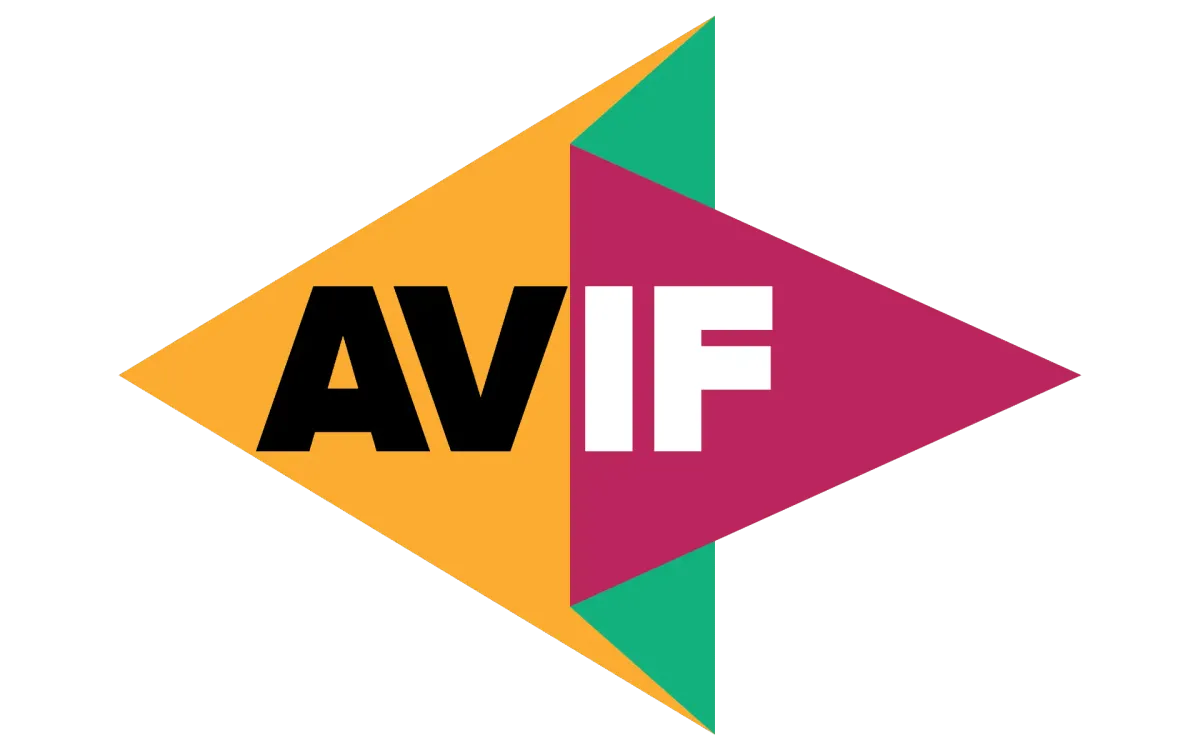
On August 30, 2024, Google made an announcement regarding image indexing in its search engine. According to John Mueller, Search Advocate at Google Switzerland, the company has officially added support for AVIF (AV1 Image File Format) in Google Search. This development impacts both Google Images and any other areas within Google Search that utilize images.
AVIF, an open image file format based on the AV1 video compression standard, has gained considerable traction in recent years. Its widespread adoption across major web browsers and various web services has solidified its position as one of the most commonly used image formats on the internet. The format's popularity stems from its ability to offer high-quality images at smaller file sizes, which can lead to improved website performance and user experience.
The announcement comes as welcome news for webmasters and content creators who have embraced AVIF. According to Mueller, website owners do not need to take any special actions to have their AVIF files indexed by Google. The search engine will now automatically recognize and process AVIF images, integrating them seamlessly into its indexing system.
This update reflects Google's ongoing efforts to adapt to evolving web technologies and standards. By supporting AVIF, Google Search is aligning itself with the broader web ecosystem, where platforms such as WordPress, Joomla, and CloudFlare have already implemented AVIF support.
However, Mueller cautions against making hasty, sweeping changes to image formats across websites. He advises webmasters to carefully evaluate which format works best for their specific needs before making any transitions. This measured approach underscores the importance of considering factors such as image quality, file size, and compatibility when choosing image formats.
For those considering a switch to AVIF for some of their images, Mueller provides an important technical tip. If the transition results in changes to filenames or extensions, it is crucial to set up server-side redirects. This step ensures that search engines and users can still access the images through their original URLs, maintaining link integrity and preventing potential issues with broken image links.
The integration of AVIF support into Google Search marks a significant milestone in the evolution of web image technology. AVIF offers several advantages over older formats:
- Improved Compression: AVIF typically achieves better compression ratios than formats like JPEG or PNG, resulting in smaller file sizes without sacrificing image quality.
- Wide Color Gamut: The format supports a broader range of colors, allowing for more vibrant and accurate image representations.
- HDR Support: AVIF can handle High Dynamic Range (HDR) images, providing better contrast and more lifelike visuals.
- Alpha Transparency: Unlike JPEG, AVIF supports alpha transparency, making it suitable for images that require partial transparency.
- Animation Support: AVIF can handle animated images, potentially offering a more efficient alternative to animated GIFs.
These technical capabilities make AVIF an attractive option for web developers and content creators looking to optimize their websites' visual content.
While Google's announcement focuses on search indexing, it's worth noting that the broader implications of AVIF adoption extend to various aspects of web development and user experience. Smaller file sizes can lead to faster page load times, reduced bandwidth usage, and improved mobile performance – all factors that can indirectly influence search engine rankings and user engagement.
For webmasters interested in optimizing their site's images beyond just file format selection, Mueller points to Google's comprehensive guide on Image SEO. This resource provides additional insights into best practices for image optimization, including aspects like alt text, file naming conventions, and image sitemaps.
The announcement also reflects Google's commitment to open communication with the web development community. Mueller invites those with further questions to engage with the Search Central help community, fostering an environment of collaboration and shared learning.
Key points of Google's AVIF support
Google Search now supports AVIF image indexing
No special actions are required for AVIF files to be indexed
AVIF is based on the AV1 video compression standard
Major web browsers and services already support AVIF
Webmasters should carefully evaluate before changing image formats
Server-side redirects are recommended if filenames or extensions change
AVIF offers benefits like improved compression and wider color gamut
Google provides resources for further image SEO optimization
The Search Central help community is available for additional questions

